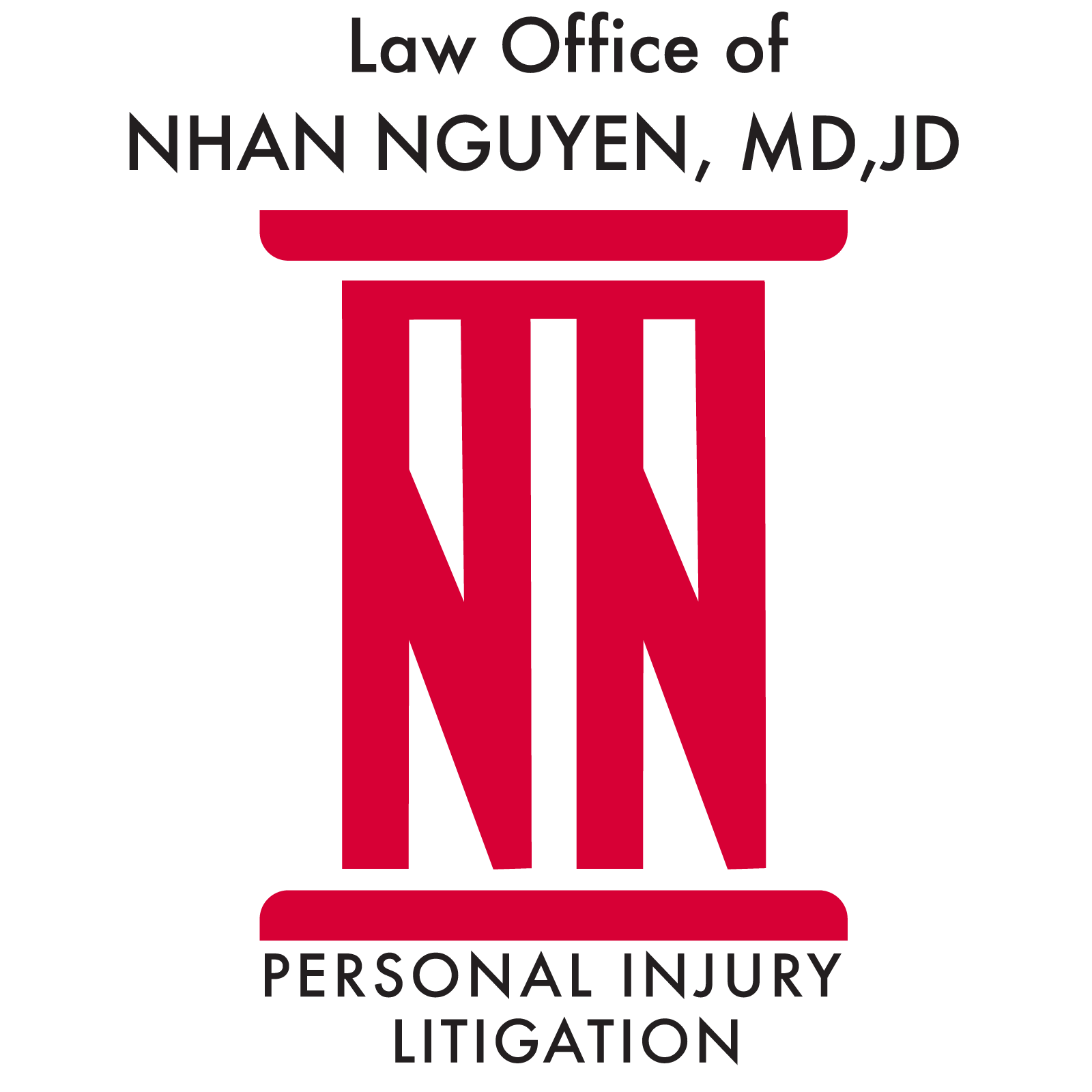Personal injury cases are frequently complicated, and calculating the value of the damages you are owed can be difficult. Many factors go into determining the value of a personal injury case, who is at fault, and what types of damages can be sought. Each of these factors is handled differently from state to state, each with its own laws governing the types of damages, damage caps, and negligence clauses that are applicable. A Houston personal injury attorney can better help you understand the circumstances of your case and what damages are available to you.
Determining Negligence in Texas
In a personal injury case, the first factor you need to consider is negligence. In Texas, the state follows a contributory negligence clause. This means that a “fault” percentage is assigned to both parties involved in the accident. If the plaintiff is found to be less than 50% at fault, the compensation award is directly proportional to that amount.
For example, if you are found to be 20% at fault for an accident and the damages involved are worth $100,000, you will only be awarded the remaining 80% — $80,000. You will not be eligible for compensation if you are found to be more than 50% at fault for the accident. Negligence is established by demonstrating:
- The defendant had a duty to act in a safe and sensible manner.
- The defendant did not behave in a sensible and safe manner.
- The negligent act was the direct cause of the injury-causing accident.
- You were harmed and injured as a result of the accident.
What Kinds of Damages Can I Recover?
Determining the types of damages you are entitled to is the final step in determining the value of a personal injury case. Texas law allows for the following types of damages:

- Medical expenses. Medical bills both past and future can be compensated. You may require ongoing treatment for several years after a serious accident. This type of compensation is intended to cover any and all medical expenses incurred as a result of the accident. Treatment, physical therapy, hospitalizations, physical rehabilitation, prescription medication, and any other medical expense fall under this category.
- Lost income. Following an accident, you may be able to recover lost income as well as lost future wages. This could come in the form of a one-time payment or a monthly payment. Accident injuries can sometimes be so severe that you are unable to work for the rest of your life. In such a case, this would be considered a future loss of earning capacity.
- Property damage. You can recover the value of any vehicles or other personal or real property that was lost or destroyed in the accident.
- Pain and suffering. This figure is calculated by multiplying other damage amounts by a “pain multiplier” of 1.5 to 5%. The pain multiplier is determined by the amount of pain you have experienced due to the accident.
- Mental anguish. This type of injury is similar to pain and suffering, but it is based on emotional distress caused by the accident. PTSD, anxiety, stress, depression, and any other emotional condition are examples of mental anguish.
- Loss of consortium. This claim is brought by a family member who is unable to maintain a relationship with you as a result of the accident. Your loved one can file a claim if you lost your ability to be intimate or if you lost the mental capacity to maintain a relationship.
- Punitive damages. Finally, in cases of gross negligence, punitive damages are intended to punish the defendant. Texas is one of the few states that allow this type of damage. In Texas, punitive damages are usually limited to between $200,000 and $750,000, depending on the circumstances.
A qualified personal injury attorney in Houston can help you determine what damages you are entitled to in your personal injury claim.
Personal Injury Lawyers in Houston
You should never pursue a personal injury claim without the help of a Houston personal injury lawyer. West Loop Law and the Law Office of Nhan Nguyen, MD, JD is here to help you obtain fair compensation after being injured in an accident.
Nhan Nguyen, MD, JD and Nader Rabie, JD are here to help you make a complete recovery after a severe car accident.
Contact West Loop Law and the Law Office of Nhan Nguyen, MD, JD immediately at (713) 840-7200 to schedule a free, no-obligation consultation if you or a loved one has been unfairly injured in a traffic accident.


Recent Comments